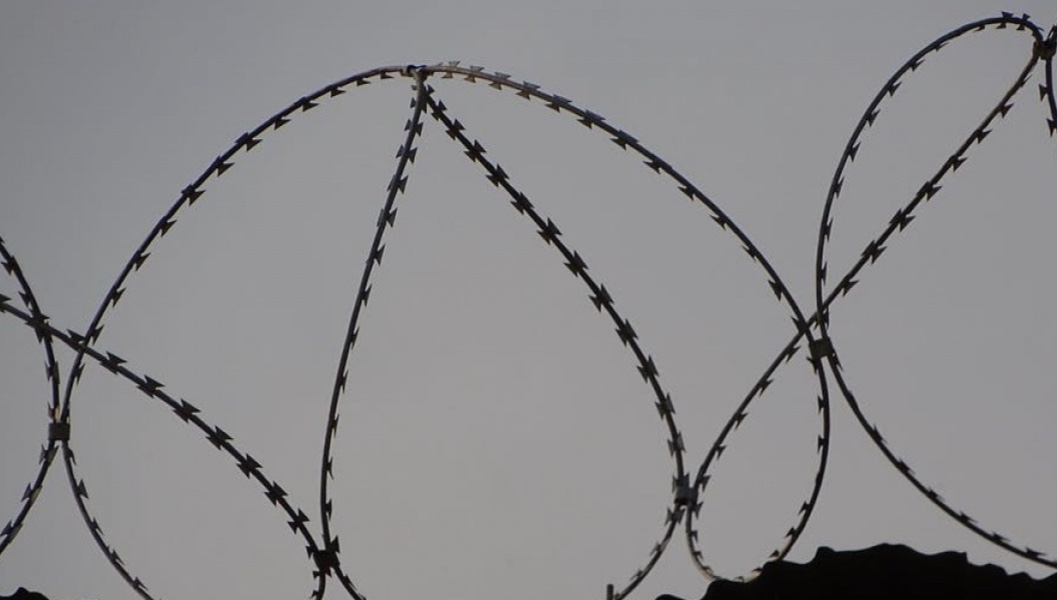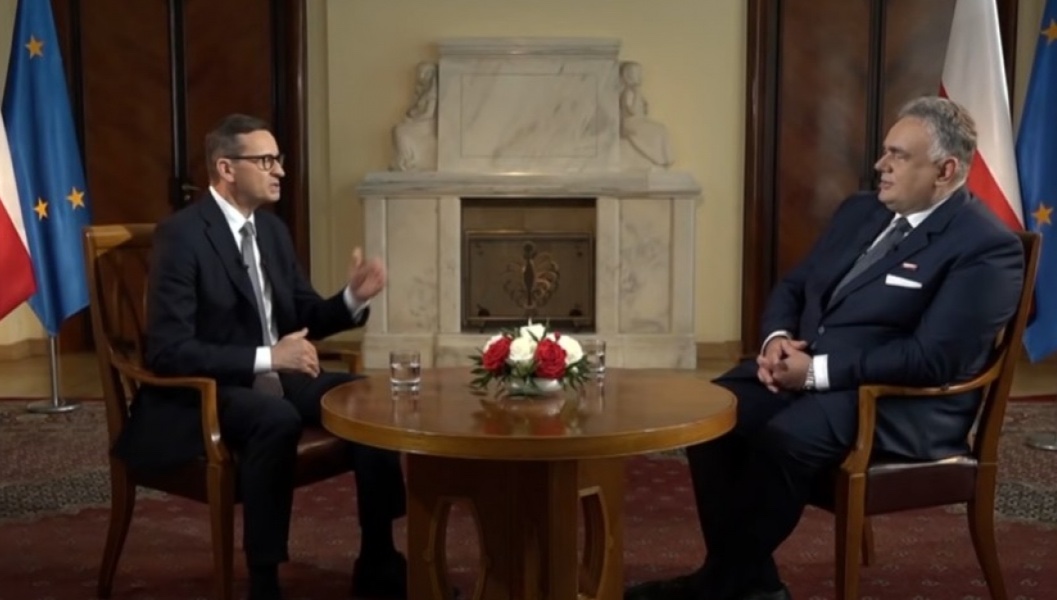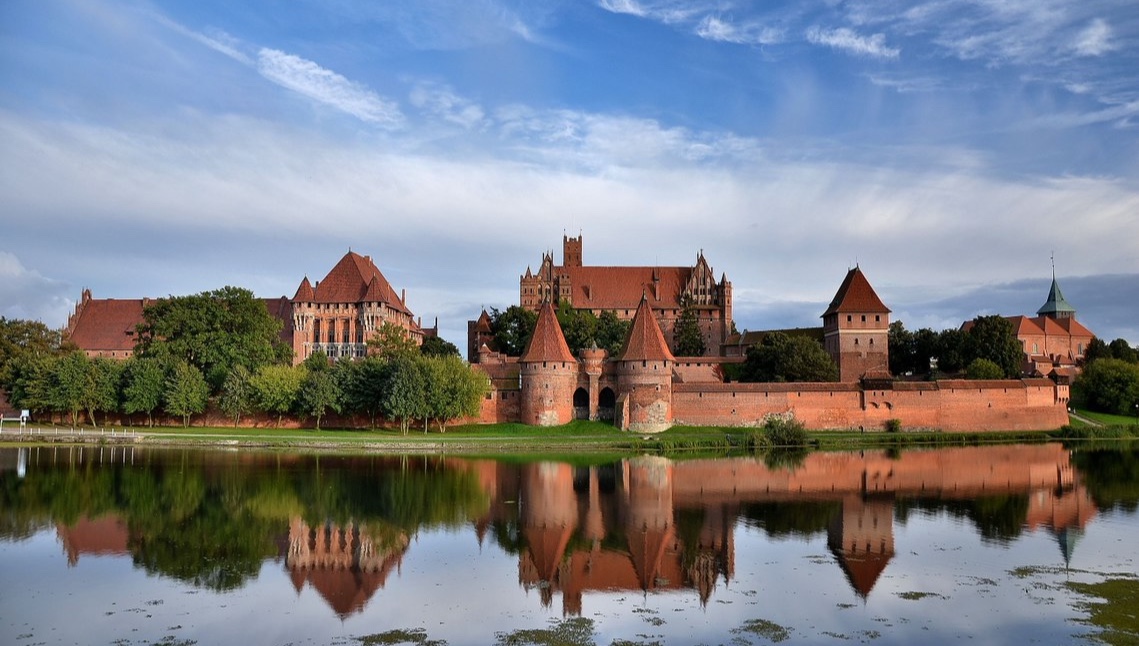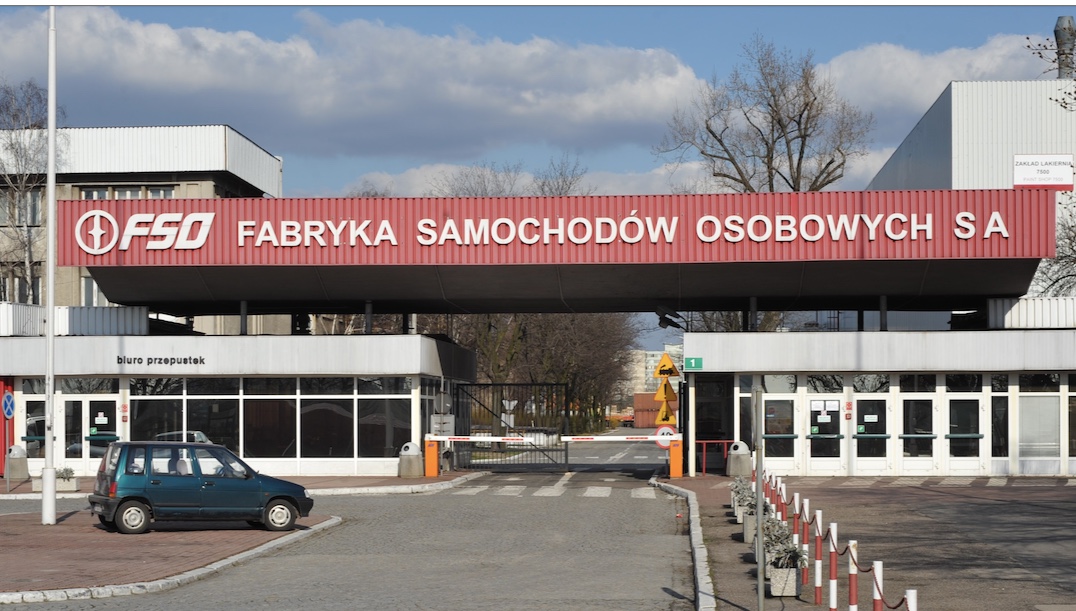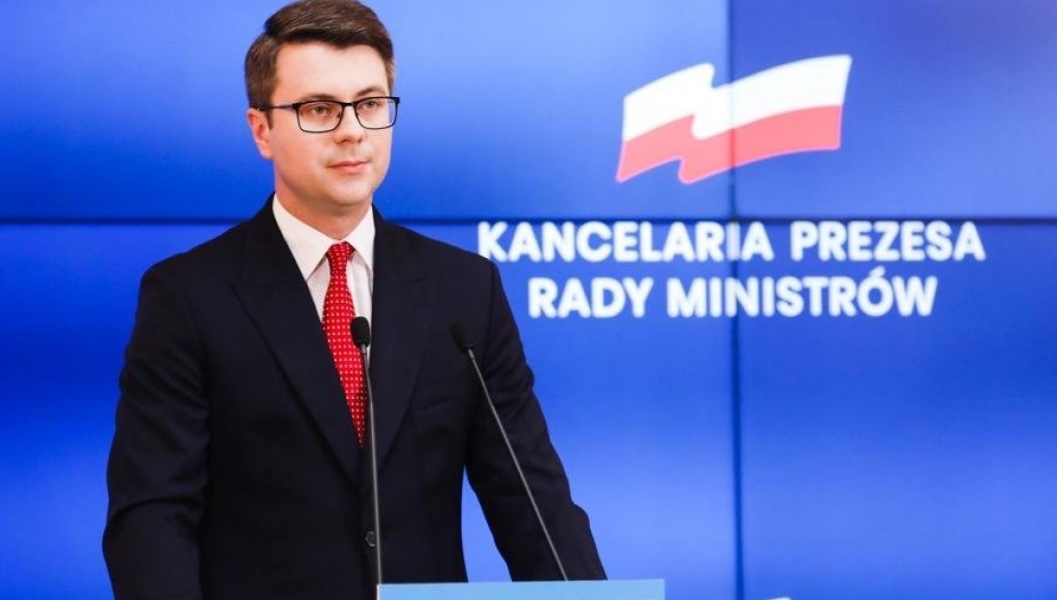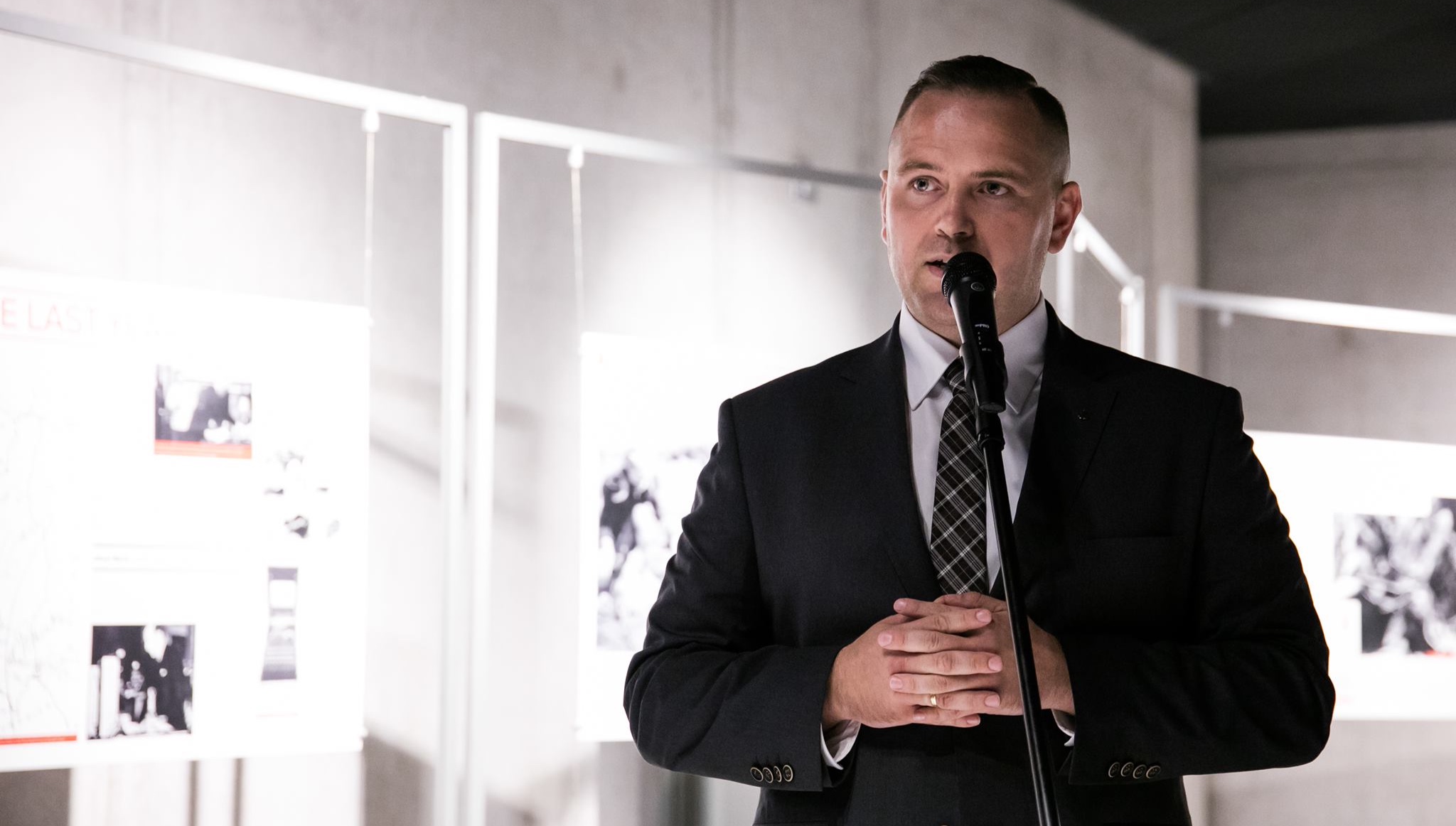Sunday guided walks as part of the ‘Discover the Garden’ action, thematic walks through greenhouses with plants from Africa and South America, searching for pollinators in the dark – these are some of the proposals prepared by the Botanical Garden at Warsaw University for visitors in the summer.
The University of Warsaw Botanical Garden’s proposals were announced on the university’s website.
“In the University of Warsaw Botanic Garden, at 4 Ujazdowskie Avenue, a collection of hydrangeas is currently in bloom in the ornamental plants’ section. In the rosarium, you can admire many varieties of roses. In the pools, there are white water lilies of amazing flower structure, and in the ‘systematics’ section – a feast of yellow, purple, white and pink colours. Also, coneflowers, daphnes, mayflies, sunflowers and spherical scallops are in bloom,”- the University of Warsaw announcement said.
For the next four weeks, the University of Warsaw Botanical Garden will host greenhouse walks.
“Visitors can learn about the plants that climb and grow in the treetops in search of suitable living conditions. It’s also an opportunity to see plants from the dry regions of Africa and South America – cacti and wolfberries, as well as useful plants, whose products – coffee, vanilla, pomegranate, papaya, pineapple, fig or cotton we use every day,” we can read in the University of Warsaw information.
Joanna Bogdanowicz, long-time curator of the tropical plant collection at the Botanical Garden of the University of Warsaw, will be the guide during walks through the greenhouses. Meetings will be held on Aug. 7, 14, 21 and 28 from 1 to 2 p.m. According to the University of Warsaw, to reserve a spot in the group, send an email titled ‘In the Shadow of the Tropics’ by the Friday before the tour, 3 p.m., to wycieczki@biol.uw.edu.pl.”
“If there are any availabilities, don’t hesitate to join the walk without booking. You must purchase an admission ticket at the UW Botanical Garden box office before the walk,” according to a University of Warsaw news release.
On Sundays in August: the 8th, 15th, 22nd and 29th of August, from 1 p.m. onwards, walks in the garden will also be organized. They will be led by Lidia Sternik-Stempkowska, an educator from the Botanical Garden at the University of Warsaw. The walks will offer a closer look at the more than 200-year-old garden and the plants that are currently in bloom.
“To book a spot, send an email titled ‘Discover the Garden’ by the Friday before the tour to wycieczki@biol.uw.edu.pl. Applications will be accepted until 3 pm. Tickets to the Garden are sold at the box office,” the University of Warsaw news release stated.
Meanwhile, an hour-long dusk walk is scheduled for August 26 at 8 p.m. for visitors in the garden.
“This is a good opportunity to learn about nocturnal pollinators. Participants will learn why certain flowers smell intensely at night and whether moonlight makes it easier for nocturnal butterflies to forage for food,” the University of Warsaw release stated.
The class will be led by Mateusz Skłodowski, entomologist, biologist and educator at the UW Botanical Garden. Those wishing to participate in themed activities should send an email with the reservation title “Night Walk” by the Thursday before the tour by 3 p.m.
A pollinator week is planned for mid-September. There will be walks and workshops to introduce the world of insects, thanks to which we have as much as 80% of our food.
More about the activities of the University of Warsaw Botanical Garden can be found at:
www.ogrod.uw.edu.pl/en

